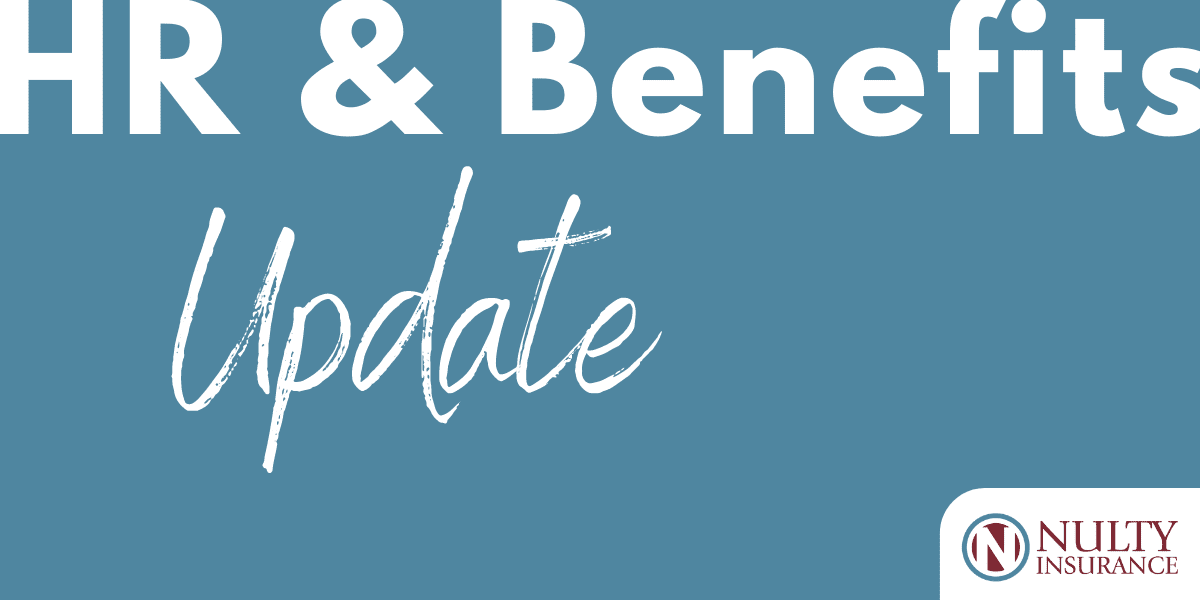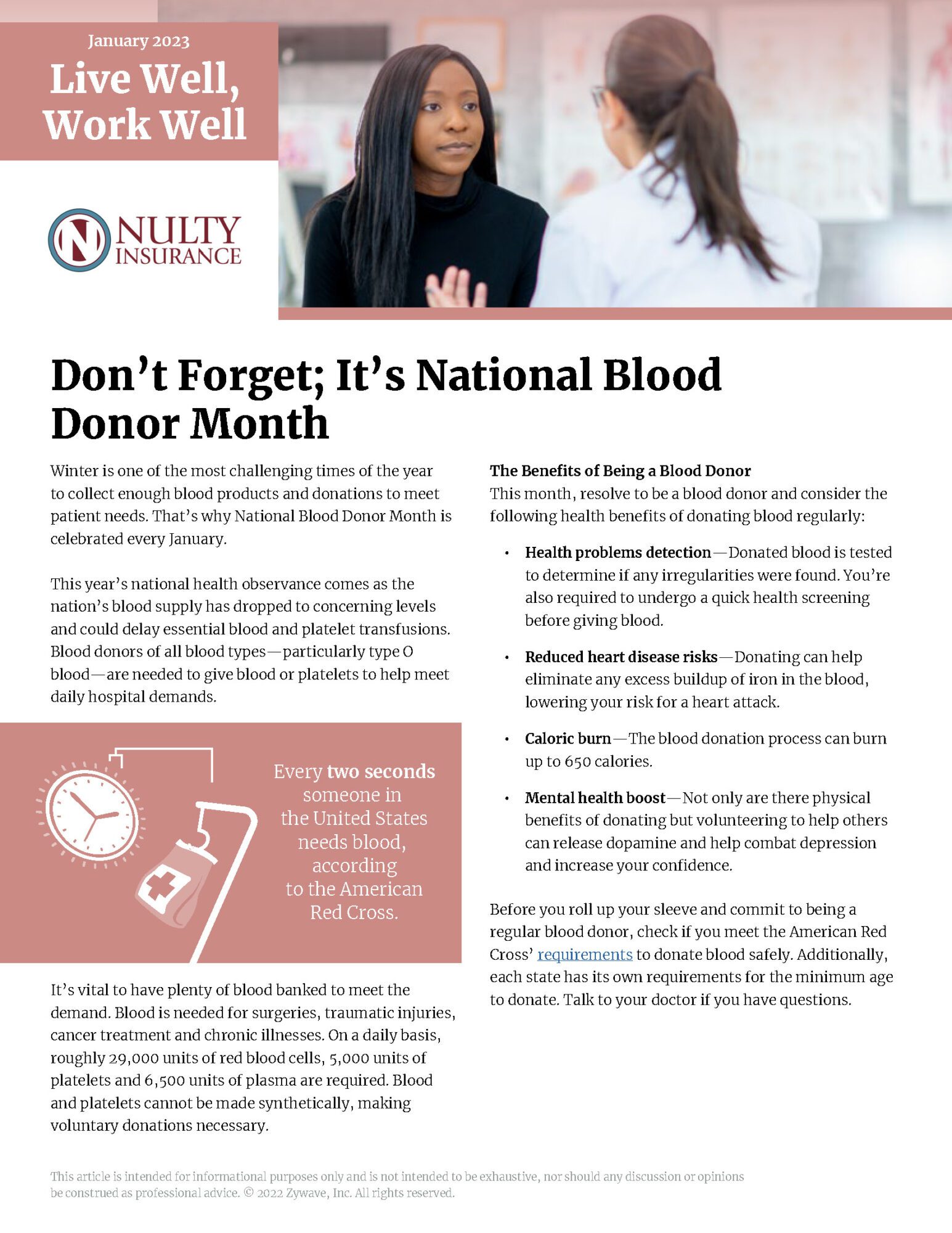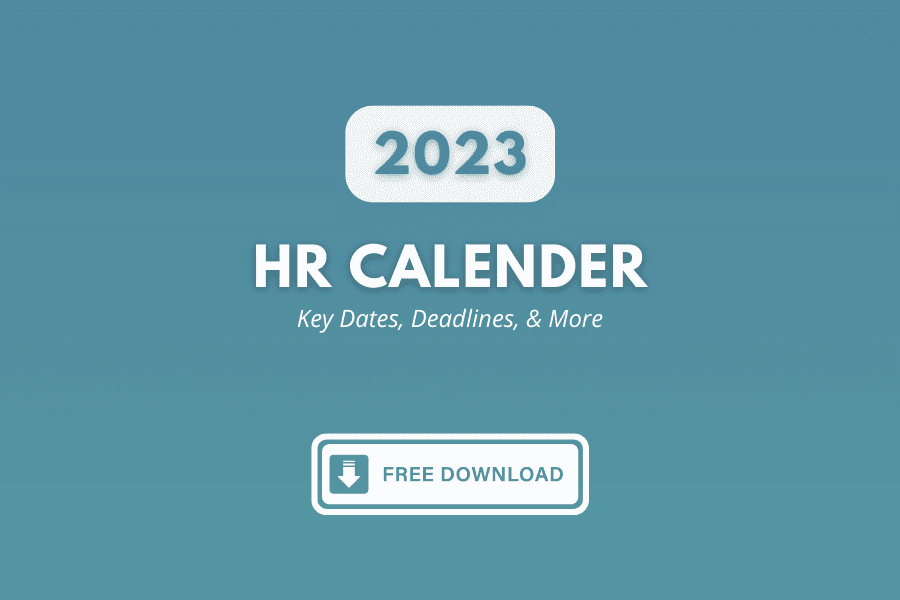
🗓️ January Updates
Keeping HR pros up to date with important compliance updates and human resource articles.
IRS Finalizes Deadline Extension for Furnishing ACA Statements
On December 12, 2022, the IRS released a final rule that extends the annual furnishing deadlines for Sections 6055 and 6056 reporting under the ACA. This rule finalizes guidance that was proposed by the IRS in December 2021 with minor clarifications. Specifically, the rule:
- Finalizes the 30-day automatic extension to the due date for furnishing statements to individuals under Sections 6055 and 6056.
- Confirms the availability of an alternate method for furnishing statements to individuals under Section 6055 for every year in which the individual mandate penalty is zero.
The due date for filing forms with the IRS under Sections 6055 and 6056 remains unchanged. This means that forms must generally be filed with the IRS each year by Feb. 28 (or March 31, if filing electronically). Due to the 30-day automatic extension, employers have until March 2 (or March 1 in a leap year) to furnish ACA statements. The deadline for furnishing statements for the 2022 calendar year is March 2, 2023.
Health Plans Must Provide Price Comparison Tool for 2023
Beginning this year, group health plans and health insurance issuers must make an internet-based price comparison tool available to participants. The purpose of this tool is to provide consumers with real-time estimates of their cost-sharing liability from different providers for covered items and services, including prescription drugs, so they can shop and compare prices before receiving care. Upon request, plans and issuers must also provide this information in paper form or over the telephone.
For plan years beginning on or after Jan. 1, 2023, plans and issuers must make price comparison information available for 500 shoppable items, services, and drugs. For plan years beginning on or after Jan. 1, 2024, price comparison information must be available for all covered items, services, and drugs. Most employers will rely on their issuers or third-party administrators (TPAs) to provide this tool and provide related disclosures on paper or over the phone upon request. Employers should confirm that their issuers and TPAs will comply with the price comparison tool requirements beginning with the 2023 plan year and ensure this compliance responsibility is reflected in a written agreement.
FTC Announces Proposed Rule Banning Noncompete Agreements
On January 5, 2023, the FTC proposed a new rule that, if enacted, would ban employers from entering into noncompetition agreements with new employees and would require employers to rescind existing noncompete clauses binding current employees. The FTC’s basis for this rule is that noncompete clauses are an unfair method of competition.
Noncompete clauses prevent an employee from seeking work with a different employer, usually one in competition with the employee’s former employer, following the end of employment. This FTC notice of proposed rulemaking follows a broad trend of government and regulatory bodies voiding or otherwise restricting noncompete clauses. The FTC will be seeking comments on the rule, with all proposed comments being due 60 days after the publication in the Final Register. If the rule passes, compliance with the rule will be required within 180 days after final publication. No effective date has been proposed. However, the earliest it might become effective under existing rule-making procedures is September 2023.
The Pregnant Workers Fairness Act (PWFA) Goes Into Effect in June 2023
President Biden signed the Pregnant Workers Fairness Act into law on December 29, 2022, and goes into effect on June 27, 2023. This law prohibits discriminating employment practices toward employees who are pregnant. This means that employers are now required to provide reasonable workplace accommodations for pregnant employees unless it presents an undue hardship to the organization. The ADA enforces a similar measure for workers with disabilities.
A few examples of reasonable workplace accommodations include the following:
- Providing a stool or chair for a pregnant worker who would otherwise have to stand
- Reserving a parking space closer to the workplace entrance
- Limiting heavy lifting



